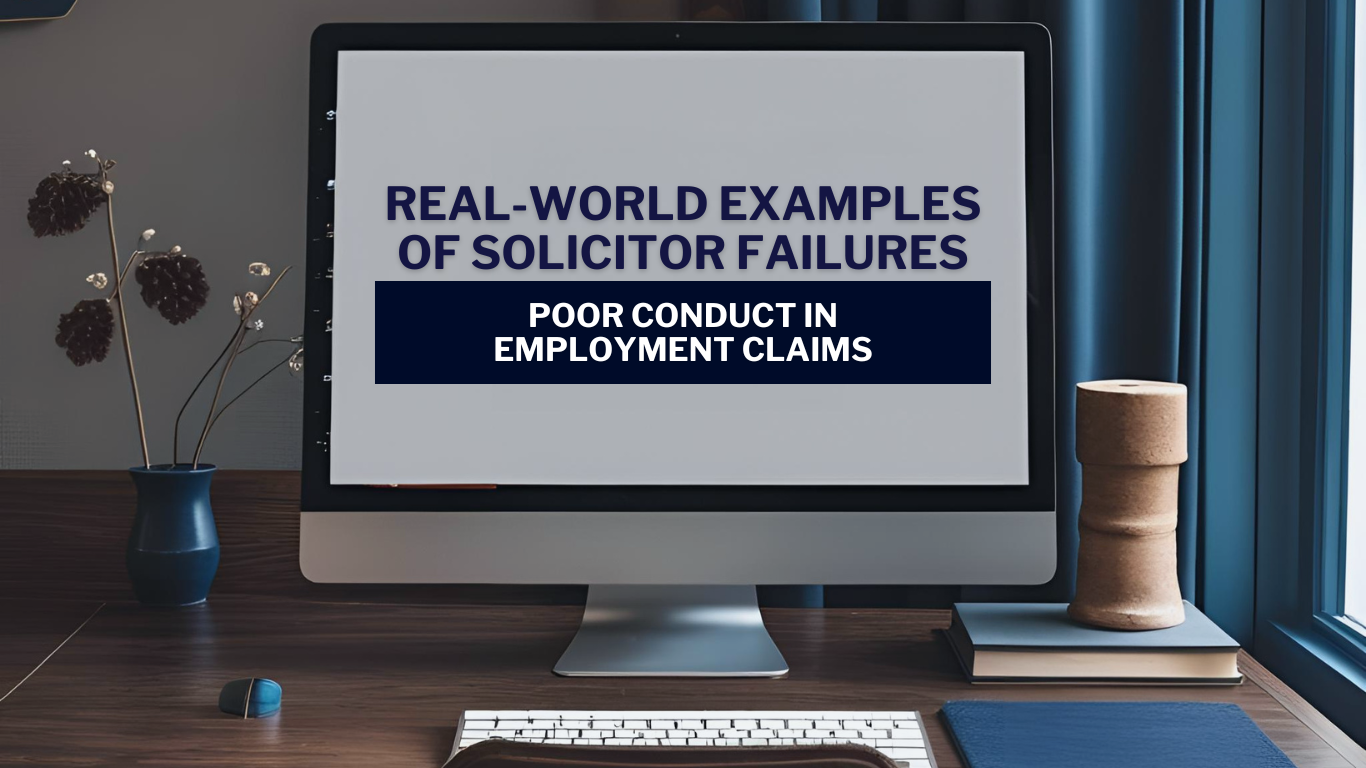By Alice Keenan
•
min read


The UK government has launched a consultation on the proposed public disclosure of trust and beneficial ownership information where trusts are involved in UK land ownership structures. This consultation further advances the government’s current regimes of enhancing transparency, building upon the recent implementations of Registration of Overseas Entities and The Trust Registration Service.
Currently the UK government has three main regimes relating to economic transparency:
At present, the public disclosure of beneficial ownership relating to trusts involved in UK land is not addressed in the current regimes. The government acknowledges this is a substantial gap in their ongoing initiatives to improve ownership transparency, particularly in relation to land ownership. This recognition highlights the necessity for the proposed consultation, which is scheduled to conclude on 21 February 2024.
Firstly, and to be implemented irrespective of this consultation, the UK government has confirmed its intention to introduce regulations this year (as provided for by ECCTA). These regulations will enable applications for access to trust information held on the ROE which is presently not disclosed.
The ongoing consultation seeks opinions on whether this ROE trust information should be automatically accessible to the public, eliminating the need for applications.
The consultation puts forward three primary options:
The consultation expands its scope beyond the ROE, seeking input on enhancing transparency for trusts not affiliated with ROE entities. These changes could impact any trusts, whether onshore or offshore, and at any level in the land ownership structure.
The consultation proposes five key options for transparency:
While the proposed changes are still in the early stages, the current inclination of the UK government is to address the specific loopholes in establishing an effective land ownership register. Trusts within ownership structures are currently identified as the primary loophole.
The exact details of these changes are not available, however it appears likely that the government will leverage the existing ROE and TRS to enhance transparency. Property investors utilising trusts in their ownership structures may want to ensure compliance with the current regimes. Additionally, they should consider the potential impact of these transparency measures on their existing structures.
The government recognises the delicate balance required between divulging information in the public interest and safeguarding personal data, the disclosure of which does not align with the overarching public interest principle.
Trust structures are prevalent in private wealth, and it is deemed appropriate to impose some limitations on the publication of details regarding individual trust beneficiaries, especially when minors are involved.
However, the expansive approach proposed at point 5 above would not only make vast amounts of currently private information public but also represents a significant departure from the established principle that the Register of Title maintained by HM Land Registry should solely reflect the legal ownership of a property without delving into the mechanics of legal ownership, so as not to complicate the conveyancing process.
In summary, the consultation paper, accessible at: www.gov.uk/government/consultations/transparency-of-land-ownership-involving-trusts-consultation, presents several positive aspects and reflects the UK’s commitment to corporate transparency. The document addresses loopholes in existing regulations, seeking input on practical solutions. Although implementing any proposal will incur time and cost burdens for landowners, the trade-off is considered worthwhile for the benefits of a more transparent ownership recording system across the sector.
If you would like more information on this or any other matter, please contact our specialist team for advice.
Learn more